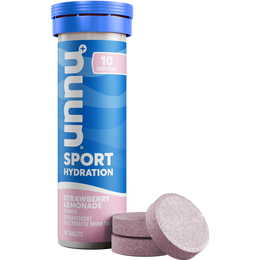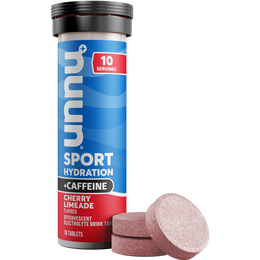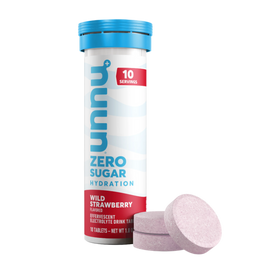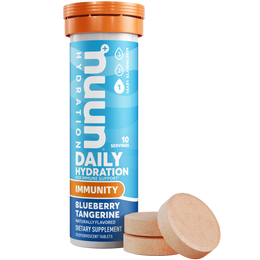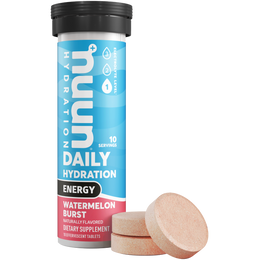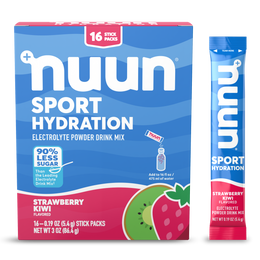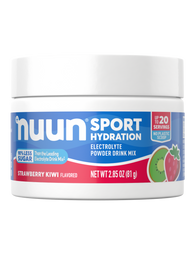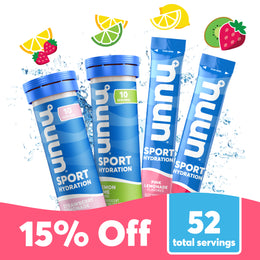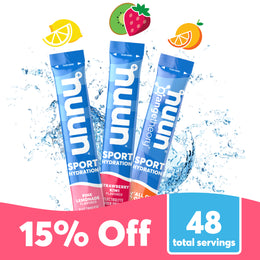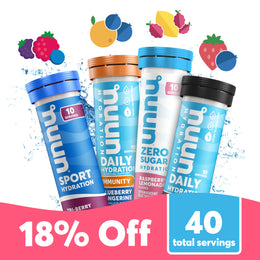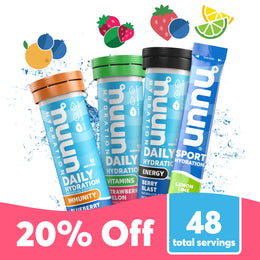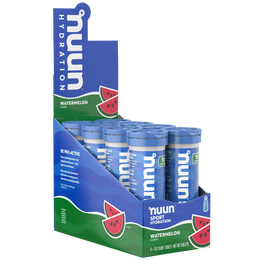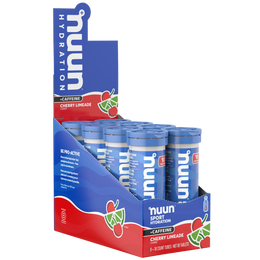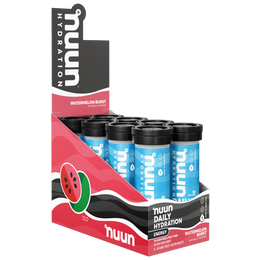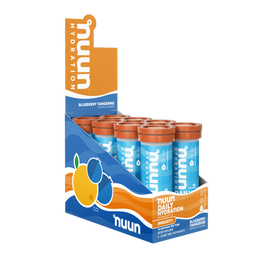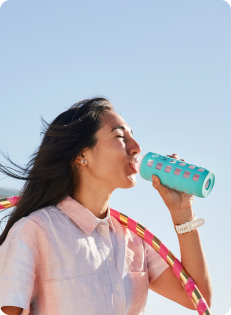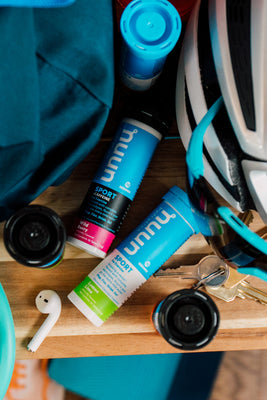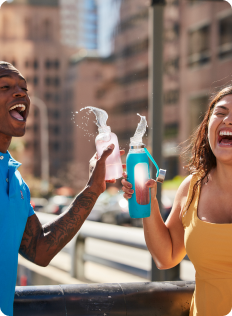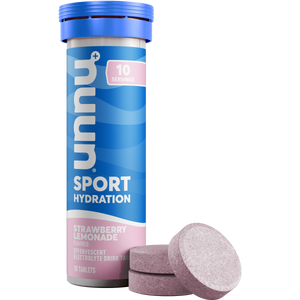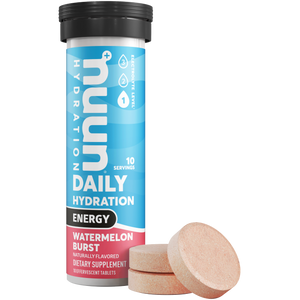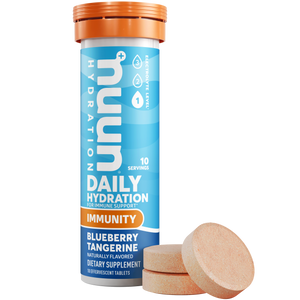The first fall run after a long, hot summer is pure magic. But when cool weather turns downright COLD… things get a little more complicated.
Wind, ice, and cold temperatures add unique challenges to the average run. And if you’re accustomed to hitting the pavement before or after work, the shorter days make it harder to squeeze in a workout during daylight hours. In short: winter running is no joke! But it can also be a super rewarding, surprisingly energizing way to keep logging those miles, all year long.
All you need is a little preparation and some simple precautions — and maybe an extra pep talk to brave those bracing temperatures. You can do this!
Here are our top tips for winter running safety:
Beware of glare: Pay attention to the time of day when you go for a run. When the sun is rising and setting in the winter months, the angle of the sun can have a blinding effect on drivers behind the wheel. If you head outside around dawn or dusk, take extreme care! Do NOT assume that drivers can see you, so play it safe with an ultra-cautious approach any time you cross the street or interact with traffic.
Dress for success: What works for you during summer runs likely won't work in the winter. Before you head out, take a moment to reassess your gear and winterproof your outdoor runs.
 → Check the windchill. As you check the temperature forecast, don’t forget to factor in the windchill. A windy day can feel 10+ degrees colder than what the thermometer is reading.
→ Check the windchill. As you check the temperature forecast, don’t forget to factor in the windchill. A windy day can feel 10+ degrees colder than what the thermometer is reading.
Expect the unexpected: No one expects to get hurt during a routine run, but with slippery ice and snow added to the mix, it's the reality of outdoor exercise in the winter. Understand that extreme weather and risk of injury are real possibilities during the winter, and prepare accordingly.
Stay hydrated! We all know the importance of hydrating during sweaty summer workouts. But somehow, thirst in the wintertime just hits different. While you might not crave water the same way you do in the summer, take an intentional approach to your running hydration and add electrolytes to enhance water absorption. Hydration is key to keeping your body (and immune system!) in balance all winter long, and any level of dehydration can impact your performance.
Ready to run? Nuun Sport is optimized for exercise to help you stay hydrated, from summer to winter and everything in between >>>
